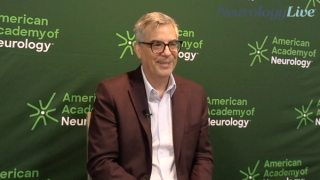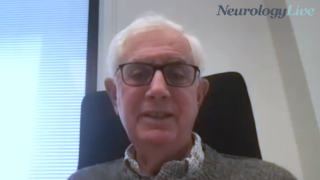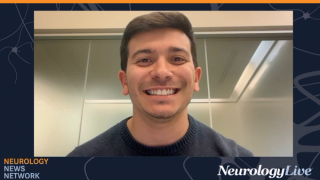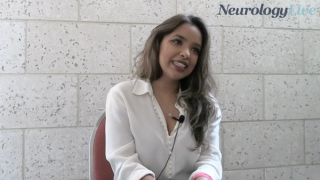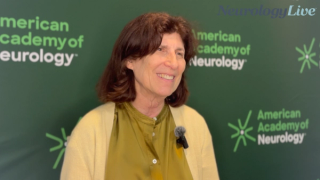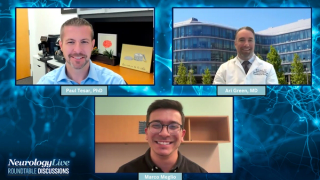
MS and Demyelinating Disorders
Latest News

Latest Videos

CME Content
More News
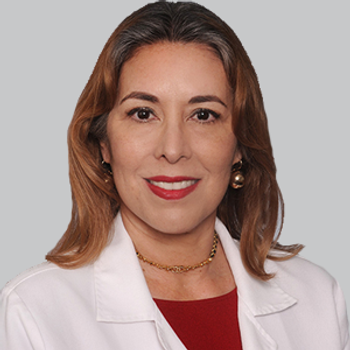
Neurologists advocate for personalized treatment approaches in older MS patients, emphasizing the importance of individual assessment over age-based rules for DMT discontinuation.
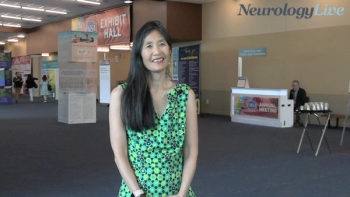
The professor of pediatrics in neurology at the University of Toronto discussed differences in disease course, treatment strategy, and trial challenges of MOG-associated disorders in pediatric versus adult patients. [WATCH TIME: 5 minutes]
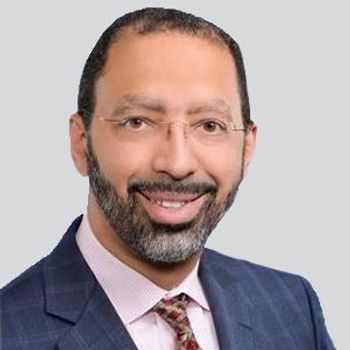
BTK Inhibitor Fenebrutinib Demonstrates Long-Term Suppression of MS Activity in Open-Label Extension
Fenebrutinib shows promising results in reducing relapse rates and disability progression in relapsing multiple sclerosis patients over two years.
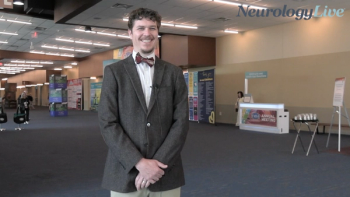
The assistant professor of neurology at Barrow Neurological Institute talked about the lack of public awareness for hypertension among individuals with MS despite many meeting diagnostic criteria. [WATCH TIME: 6 minutes]

A recent study reveals that patients on ofatumumab experience fewer worsening MS symptoms compared to those on ocrelizumab, enhancing treatment stability.

MS Therapy Cladribine Remains Effective in Patients With Suboptimal Response to Prior Injectable DMT
Cladribine shows promising results in reducing relapse rates for patients with relapsing multiple sclerosis after inadequate response to injectable therapies.
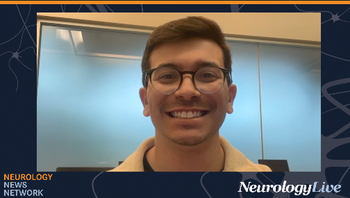
Neurology News Network. for the week ending May 31, 2025. [WATCH TIME: 4 minutes]
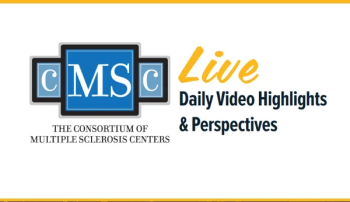
Host Jeffrey Wilken, PhD, chats with Riley Bove, MD, about the third day of the 2025 CMSC Annual Meeting in Phoenix, Arizona.

Take 5 minutes to catch up on NeurologyLive®'s highlights from the week ending May 30, 2025.
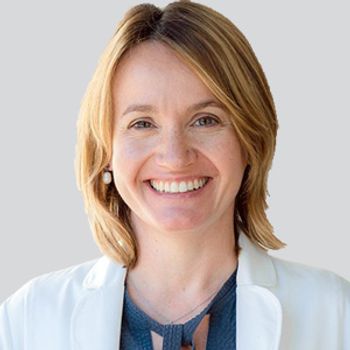
A newly presented analysis of data from the Novartis Global Safety Database and the PRIM study assessed pregnancy and infant outcomes in women with multiple sclerosis treated with ofatumumab.
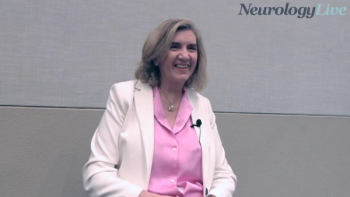
The vice chair of neurology at the Hospital Clínico San Carlos in Madrid highlighted the growing importance of detecting and managing progression in multiple sclerosis, particularly PIRA. [WATCH TIME: 6 minutes]

A study reveals long-term fumarate therapy significantly reduces infection-related healthcare utilization in multiple sclerosis patients compared to anti-CD20 treatments.

Mind Moments®, a podcast from NeurologyLive®, brings you an exclusive interview with Taylor Hess, MD. [LISTEN TIME: 10 minutes]

Host Jeffrey Wilken, PhD, chats with Anthony Feinstein, MPhil, PhD, FRCP, about the second day of the 2025 CMSC Annual Meeting in Phoenix, Arizona.
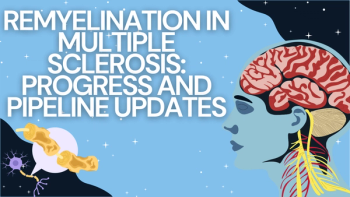
Explore the latest advancements in remyelination research for multiple sclerosis, from stem cells to small molecules, and discover what’s on the horizon for therapeutic development.

A new survey presented at CMSC 2025 highlighted the prevalence of burnout and job-related stress among neurology-based advanced practice providers and clinical pharmacists in the United States.
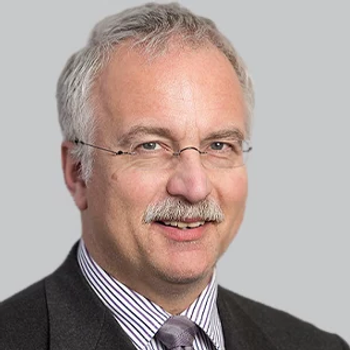
New findings reveal ozanimod shows no significant rebound effect in relapsing MS patients after treatment discontinuation, ensuring safer transitions.

Research highlights the benefits of natalizumab during pregnancy for women with multiple sclerosis, showing reduced disease activity and improved outcomes.

The ongoing PERSEUS trial explores tolebrutinib's potential as a treatment for primary progressive multiple sclerosis, with results anticipated soon.

Host Jeffrey Wilken, PhD, chats with Marie Namey, APRN, MSCN, about the first day of the 2025 CMSC Annual Meeting in Phoenix, Arizona.
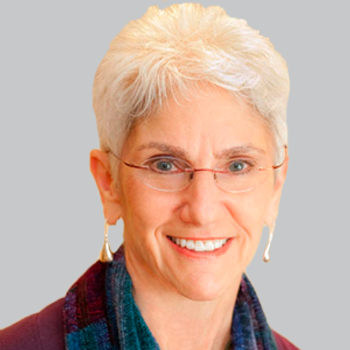
Engaging care partners in multiple sclerosis treatment enhances patient outcomes and supports their well-being, fostering healthier care partnerships.

New findings reveal ocrelizumab significantly improves symptoms, cognition, and fatigue in Black and Hispanic patients with relapsing multiple sclerosis.
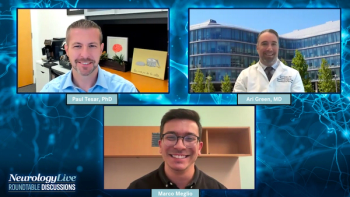
The pair of neurologists highlight key advances needed in imaging, trial design, and preclinical modeling to drive remyelination breakthroughs in MS.
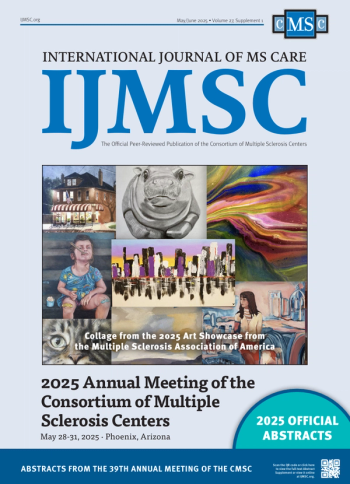
The 39th CMSC Annual Meeting is set to be held May 28-31, 2025, in Phoenix, Arizona. The International Journal of MS Care has published the abstracts.

In this episode, a duo of neurologists examine the plausibility, limitations, and risks of holistic approaches to remyelination—and what patients should prioritize or avoid.





